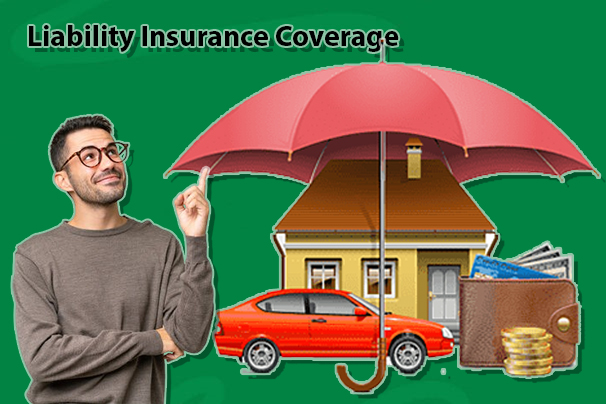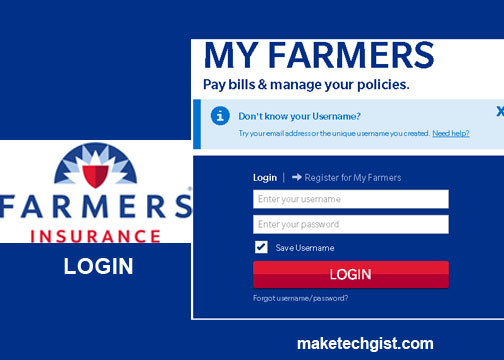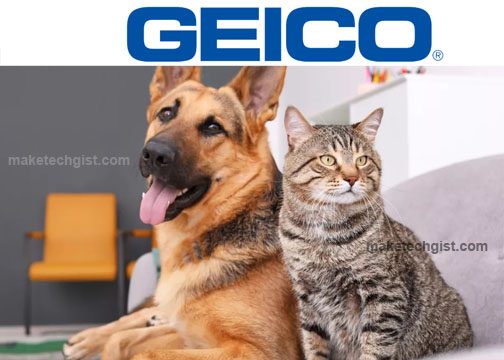Liability insurance coverage assists in paying for any legal costs associated with proving your guilt if you cause an accident or damage someone on your property. These costs could include hospital or legal fees. Additionally, this policy may protect you against these kinds of costs, so it’s right to know what liability coverage and limitations are included in your insurance plans. Furthermore, if something unexpected happens, having the right protections in place could help keep you safe.

What is Liability Insurance Coverage
Liability insurance is a form of coverage that offers protection against lawsuits resulting from harm or property damage to other individuals. If an insured party is proven legally responsible, liability insurance plans pay for all associated legal fees and settlements. However, it often does not cover intentional harm or contractual responsibilities.
Additionally, this coverage is frequently necessary for vehicle insurance plans, product producers, and legal and medical professionals. In contrast to other forms of insurance, it compensates third parties rather than policyholders.
How Liability Insurance Coverage Works
Liability insurance is essential for those who are responsible for injuries incurred by others, or if the insured person destroys someone else’s property. It is sometimes known as third-party insurance which does not cover deliberate or illegal activities, even if it’s proven legally liable.
Moreover, anyone who operates a business drives a car, practices medicine, or the law may be sued for damages and/or injuries. Additionally, it protects both the insured and any third parties who may sustain damages as a consequence of the policyholder’s unintentional fault.
For example, many states mandate car owners to purchase liability coverage on their auto insurance policy that pays injuries to other persons and property. A product maker may obtain product liability insurance to protect themselves if their product is defective and causes harm to customers or someone else. Moreover, business owners can obtain liability insurance to protect themselves if an employee is hurt while conducting business. Lastly, liability insurance coverage is also required for the judgments that medical professionals make.
Types of Liability Insurance Coverage
Business owners face a variety of liabilities, each of which can result in significant claims against their assets. Moreover, employers are legally required to obtain liability insurance. There are other forms of liability insurance but they are optional. The major types of liability insurance coverage include;
Employer liability
This kind of coverage is offered legally to employers which are mandatory to provide compensation for employees who are injured or become ill on the job.
Car Insurance
All car insurance plans have a clause that specifies how much money the insurer will provide to an injured third party in the case of physical harm or property. It varies depending on whether the state follows tort (at-fault) insurance laws or no-fault legislation. Furthermore, the insured is responsible for paying the cost of any damage that exceeds the policy limitations.
Home insurance
Most homeowner’s insurance includes a clause that pays damage resulting from the policyholder to the property of another person. It will additionally include medical expenditures made by someone else in the insured’s residence.
Public liability
This kind of insurance policy protects against claims from members of the public for situations related to your business.
Product liability
Product liability insurance is for enterprises that produce goods for sale in the open market. It pays compensation for injuries caused by faulty products designed, manufactured, or supplied by your company.
Professional indemnity
Professional indemnity compensates clients for loss or damage caused by services or advice provided by a business or individual.
Directors and officers liability
Compensation claims brought against the directors and officers of your organization for alleged wrongdoings fall under the category of directors and officers liability.
Business liability
It covers claims stemming from employee and public injuries, property damage caused by an employee, and injuries sustained as a result of workers’ careless actions. The coverage may also cover intellectual property violation, defamation, slander, contractual responsibility, renter liability, and labor-related liability.
General liability
General liability insurance often protects your firm against claims in three areas. Firstly, you are covered for bodily injury or property damage caused by your product or service. Additionally, coverage is offered for personal and advertising injury (including libel, slander, false arrest, and copyright infringement). Lastly, medical costs for non-employee injuries on your premises provide coverage.
How Much Does Liability Insurance Coverage Cost
The expense of liability insurance varies depending on the kind of coverage, the level of protection provided, and the amount of risk assumed by the insurer. It is added car and homeowners policies.
It may be bundled commercially with a business owner’s policy (BOP) for small and medium-sized businesses or a commercial packages policy (CPP) for big companies.
How Much Liability Insurance Coverage Should I Purchase
Any charges that surpass your liability coverage limitations must be covered out of your own funds. That is the reason it may be advisable to enhance your car liability coverage above the state’s minimal requirements.
How to Purchase Liability Insurance Coverage
You may get liability coverage through the insurer or a professional broker. The insurance company will use a “book rate” to determine the cost of your coverage. This price depends upon:
- The kind of liability insurance you’re purchasing.
- The claims history of various companies of the same size and character.
- Consider aspects relevant to your company, such as the number of employees (for employers’ liability insurance).
- Your yearly turnover (for public and product liability insurance)
Personal liability insurance is typically included with other forms of coverage, such as car and house insurance. Additionally, businesses can acquire individual general liability or professional liability policies. They can bundle their liability coverage with various kinds of coverage through a business owner’s policy (BOP) or commercial package policy (CPP).





